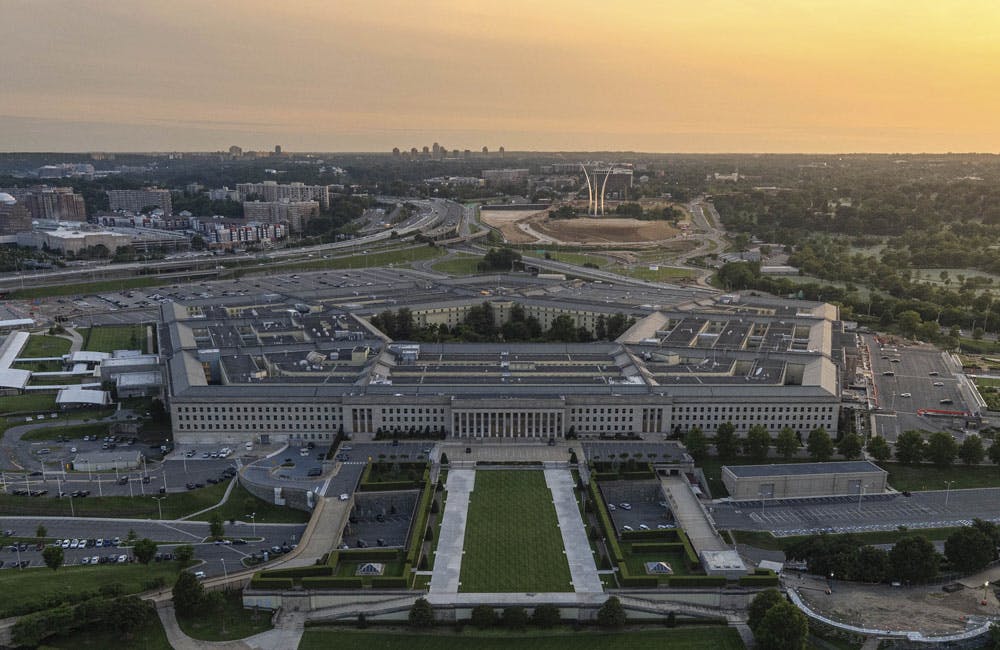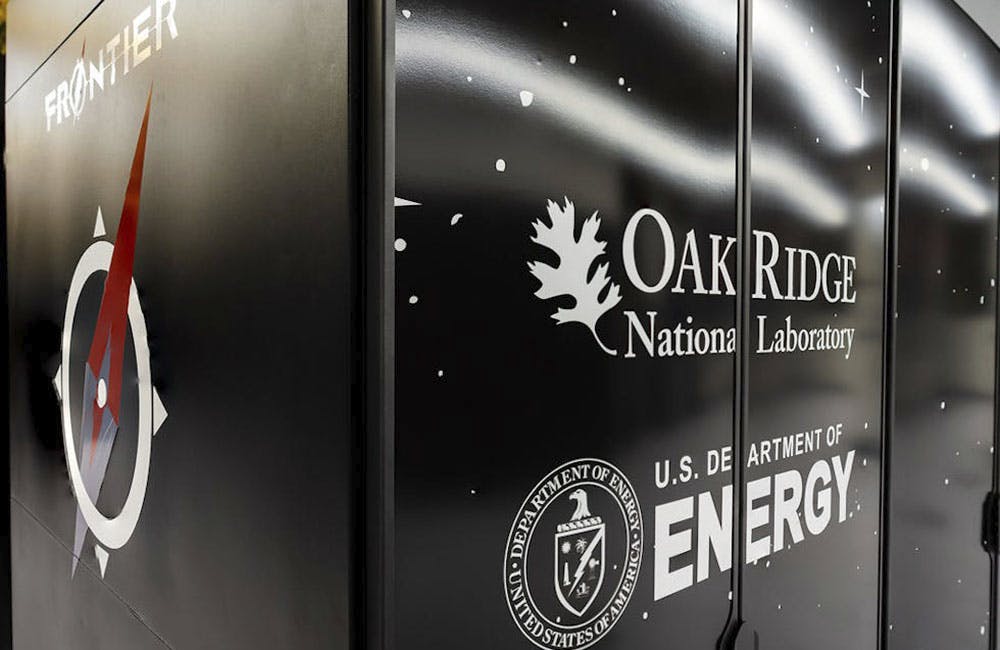CMS Prize Competition Puts AI in Focus
The agency aims to explore the value of artificial intelligence in clinical applications.

A federal prize competition currently underway aims to spur health care innovation by reducing hospital readmission rates and providing patients with value-based care.
The Centers for Medicare and Medicaid Services’ Innovation Center launched the Artificial Intelligence Health Outcomes Challenge calling on academia and the private sector to “develop AI-driven predictions for health care providers and clinicians,” according to an agency press release.
The competition, launched March 2019, is split in two stages with total prizes amounting to $1.65 million, according to a page on the CMS web site. Since its launch in March 2019, the program received more than 300 applications, with 25 advancing to the first stage to design and test the proposed AI-driven solutions. Project deliverables at this stage are due next month, with seven finalists to be announced in April. Final awardees — a grand prize winner of up to $1 million and a runner up of up to $230,000 — will be announced in September.
One design submission, for example, calls for using de-identified Medicare Part A and Part B fee-for-service datasets to predict unplanned hospital and skilled nursing facility admissions and identifying patients with an increased likelihood of readmission within 30 days of discharge, as well as potential adverse events.
Experts say artificial intelligence and machine learning models could be particularly useful in such a clinical setting, as many readmissions could be prevented if clinicians had accurate tools to identify high-risk patients using real-time data to establish strategic treatment plans, said Daniel Morgan, an associate professor of epidemiology and public health at the University of Maryland School of Medicine, in a previous statement to the University of Maryland Medical System.
The solutions are evaluated based on their level of impact, innovation and, in large part, human-AI collaboration like trustworthiness and explainability to physicians.
“Artificial Intelligence is a vehicle that can help drive our system to value — proven to reduce out-of-pocket costs and improve quality. It holds the potential to revolutionize health care,” said CMS Administrator Seema Verma in a press release. “The participants in our AI Challenge demonstrate that such possibilities will soon be within reach.”
This is a carousel with manually rotating slides. Use Next and Previous buttons to navigate or jump to a slide with the slide dots
-

The CAIOs Leading Responsible AI Development Across Government
Since the White House's AI executive order, federal agencies are in the process of naming chief artificial intelligence officers.
7m read -

Defense Board to Pitch Solutions for Closing Tech Talent Gaps
Defense Innovation Board members cite need to modernize people management the same way government modernizes technology.
4m read -

Energy Researchers Aim For Holistic Approach to AI Issues
A new center at the Oak Ridge National Laboratory is looking at under-researched areas of AI to better understand how to secure it.
2m read -

5 Predictions for AI in Government Technology
Agencies are setting plans in motion not only to integrate AI into their enterprises, but also ensuring the data that power these systems are fair.
41m watch







